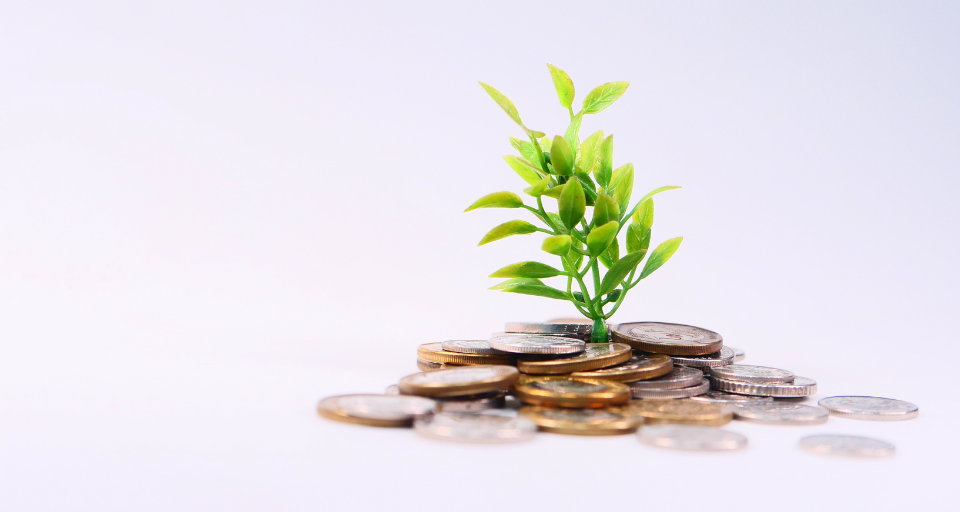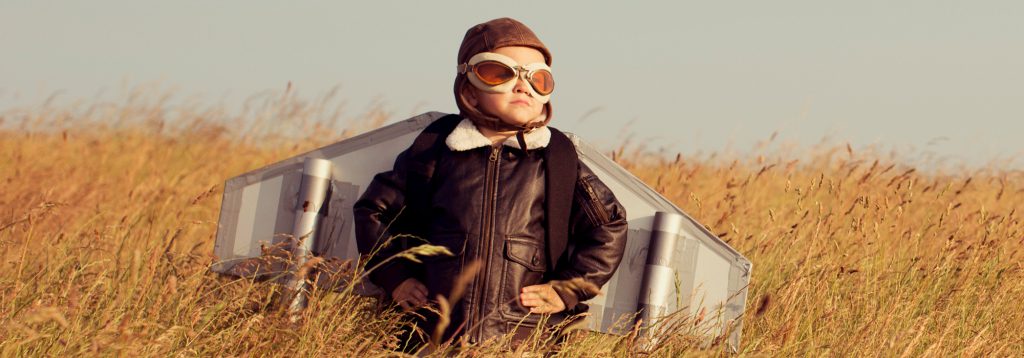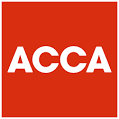You’ve been making some good money as an influencer, and now you have enough in the bank that you’re starting to consider investments as another revenue stream.
You could look at investing in property, shares, crypto, art, jewellery or antiques; all things that accrue value over time (in a healthy economy).
But (sorry, there’s almost always a but!) before you invest in anything, you should know about a little thing called Capital Gains Tax.
What’s Capital Gains Tax?
Defined by the gov.uk website:
“Capital Gains Tax is a tax on the profit when you sell (or ‘dispose of’) something (an ‘asset’) that’s increased in value. It’s the gain you make that’s taxed, not the amount of money you receive.”
CGT is applied to the profit or gains you make when you sell:
- most personal possessions worth £6,000 or more, apart from your car
- property that’s not your main home
- your main home if you’ve let it out, used it for business or it’s very large
- any shares that are not in an ISA or PEP
- business assets
Depending on the asset you’re selling, you may be able to claim some tax relief. As with most forms of tax, there is a tax-free allowance. Capital Gains are taxed differently from income, and you have a separate personal allowance for capital gains. CGT is charged differently for business and non-business assets.
Currently, the personal income tax allowance is £12,570. The Capital Gains personal allowance is currently £12,300, and the allowance for trusts is £6,150.
What happens if you don’t make a profit on a sale?
You’ll need to report your financial loss to HMRC in order to reduce your total taxable gains. This can be done on your annual tax return.
If your total taxable gain is still above the tax-free allowance, you can deduct unused losses from previous tax years. If they reduce your gain to the tax-free allowance, you can carry forward the remaining losses to a future tax year. You do not have to report losses straight away – you can claim up to 4 years after the end of the tax year that you disposed of the asset.
As ever, scrupulous record keeping will be your best ally when it comes to tax. Keep hold of receipts, bills and invoices that show the date of sales/purchases, and the full amounts.
And that’s our whistle-stop tour of Capital Gains Tax! If you’re thinking about making investments, be sure to have a chat with your accountant first. They’ll be able to help you plan for the long term and help you to avoid financial potholes.






